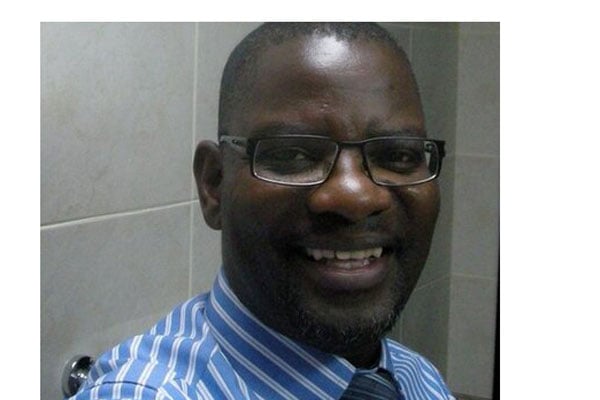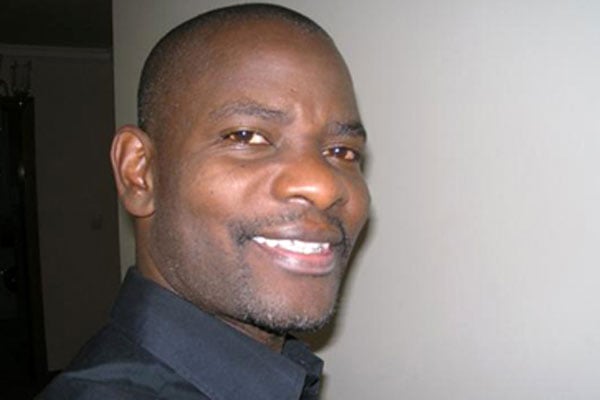Here is how we can start acting as a truly independent country

Author: Musaazi Namiti. PHOTO/FILE
What you need to know:
- Road projects where engineers are Ugandans tend to be small roads in suburbs such as Bwaise, Kikubamutwe, Kinawataka, Mutundwe, Nyanama, etc. And those are roads that would never be accepted as real roads in the developed world. They will not have markings and signs, for example. And there will be gaping ditches on both sides.
Like many African countries that were colonised, Uganda continues to rely on Asian, European and North American countries to get many things done. When it builds roads, for example, much of the real technical work is done by engineers from either China or European nations. That was the case before we became independent; it is still the case today.
Road projects where engineers are Ugandans tend to be small roads in suburbs such as Bwaise, Kikubamutwe, Kinawataka, Mutundwe, Nyanama, etc. And those are roads that would never be accepted as real roads in the developed world. They will not have markings and signs, for example. And there will be gaping ditches on both sides.
It is rare to find a major construction project — think dual carriageway/divided highway, dams, bridges — where the lead engineers are Ugandans who have been educated at our own universities.
For me, this raises questions about our technical capabilities/skills. If we have civil engineers who have been to university and pursued the same courses as engineers in Asia, Europe and North America, why is it that they do not build the same roads as their Asian/European counterparts, same dams, same football grounds, same airports, same rail lines? Why import manpower? Why rely on foreign manpower?
People in Asia, Europe and North America that build highways of acceptable standards worldwide did not learn to build highways from people from Mars. Everything started in their heads. Some countries have learned from others, of course, mainly developed countries, but the developed countries (certainly not all) had to begin somewhere without copying anyone.
The first country to manufacture cars did not learn from anyone to make cars. Switzerland makes really nice watches, and I do not think that the Swiss had to travel around the world looking for watchmakers to learn from.
We have had freedom from political control — the definition of independence — for 60 years. It means we do plan for our country, we make our own decisions, we know what is good and bad for us. How come that we act as though we are still being controlled by our colonial master? Who is preventing us from harnessing the skill and creativity of our workforce?
When we gained independence in 1962, many things that we inherited were working well. The roads in all major towns were marked and had signs. Kampala was well organised. The sewer system worked. The traffic lights worked. Some of us had not come into existence, but we have seen images of a city that was clean and organised.
In our independent Uganda today, it is not uncommon to find a set of traffic lights that has not worked for a whole year.
But we can do better. For all our road projects, for example, the Uganda National Roads Authority can start recruiting brilliant civil engineers to build the roads. If the engineers need further training in developed countries, let them be trained. It is quite possible for a country to learn from other countries and go on to do extremely well.
Japan is a good example. I attended a virtual event in August where Japanese spoke about what they did to succeed. One gentleman said something I will always remember: “Japan became the first non-Western country to achieve modernisation despite the dominance of Western powers. It made mistakes…but Japan was able to build a free, democratic, peaceful and prosperous nation based on the rule of law without compromising its own traditions and identity. Japan’s modernisation was driven by learning from other countries.”
Mr Namiti is a journalist and former
Al Jazeera digital editor in charge of the Africa desk
[email protected] @kazbuk



